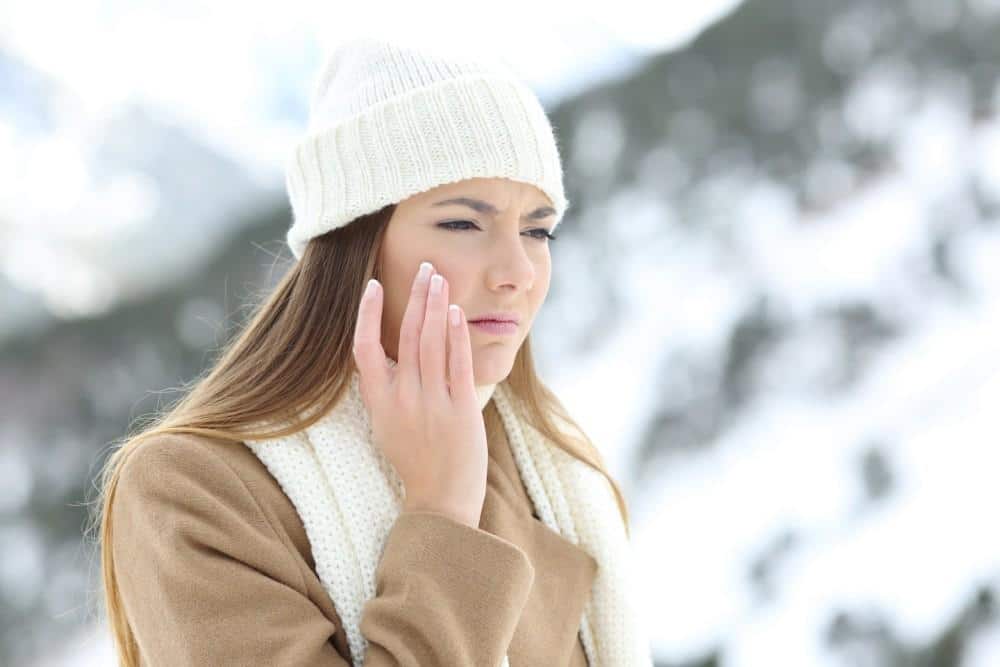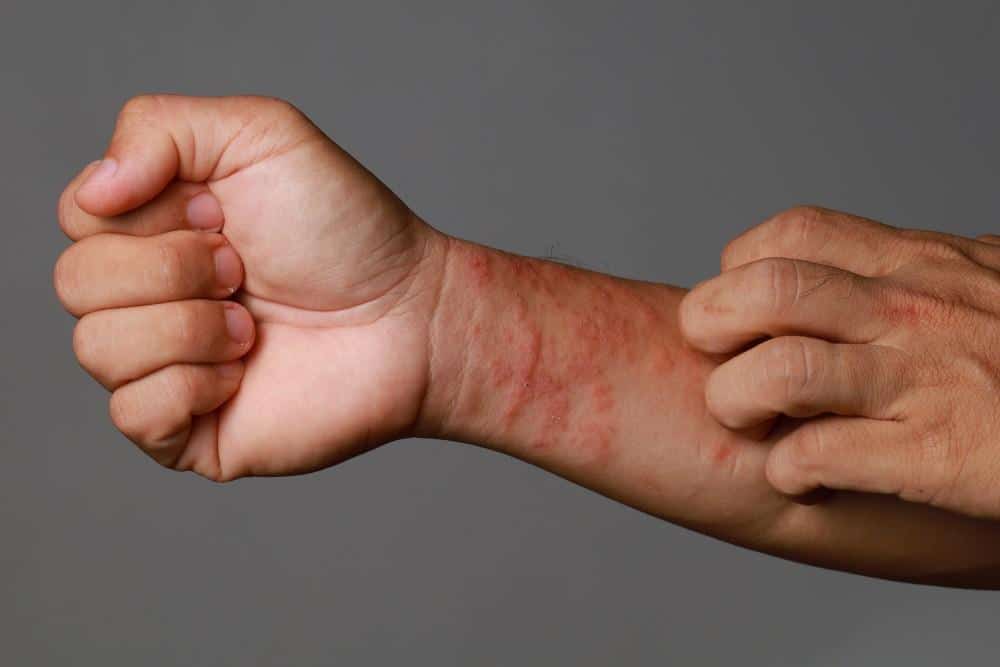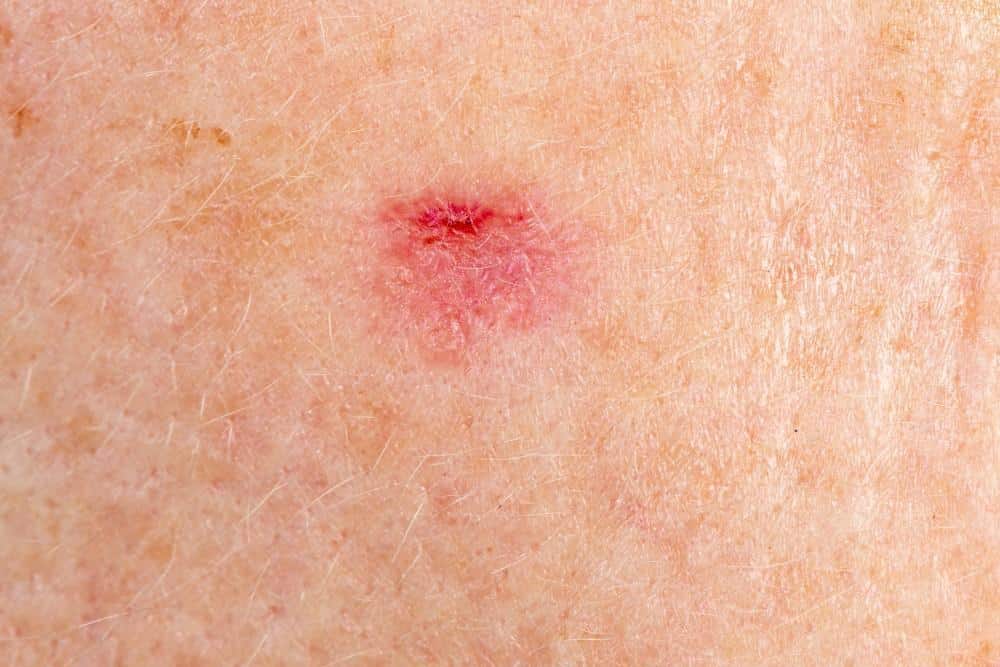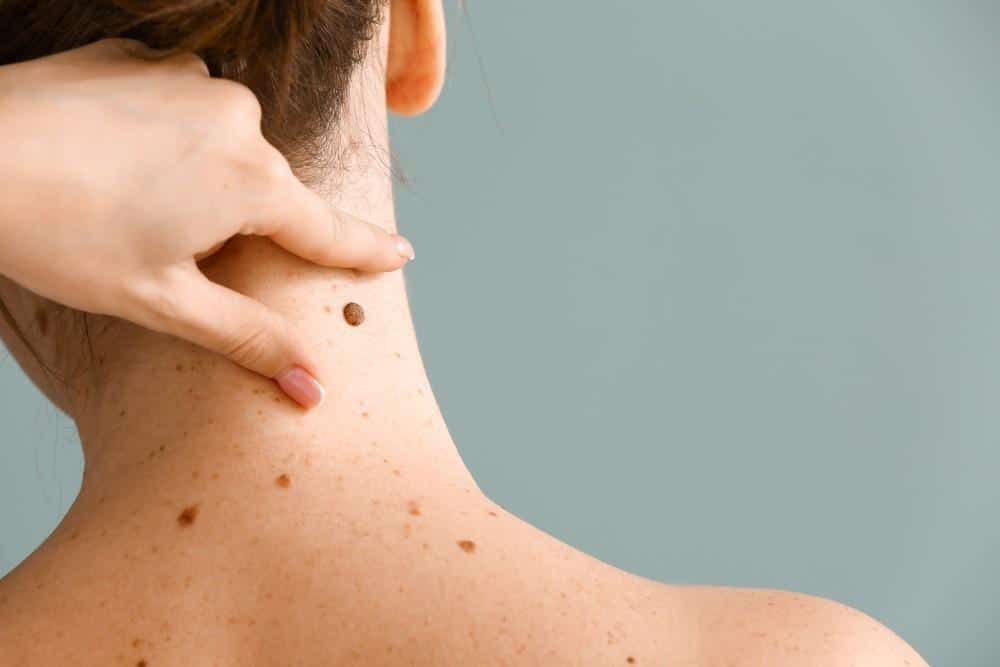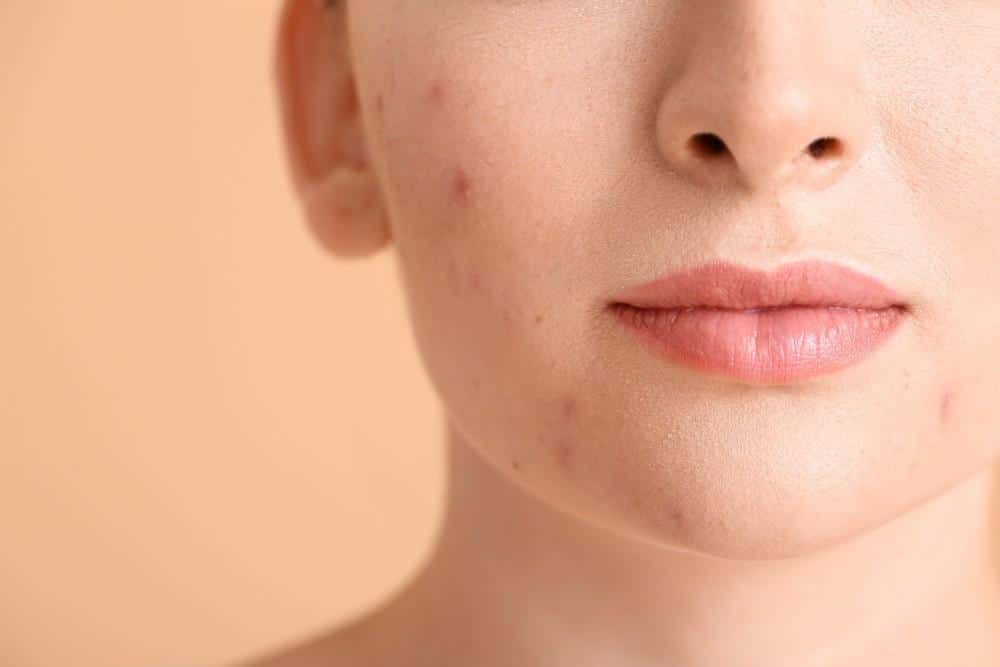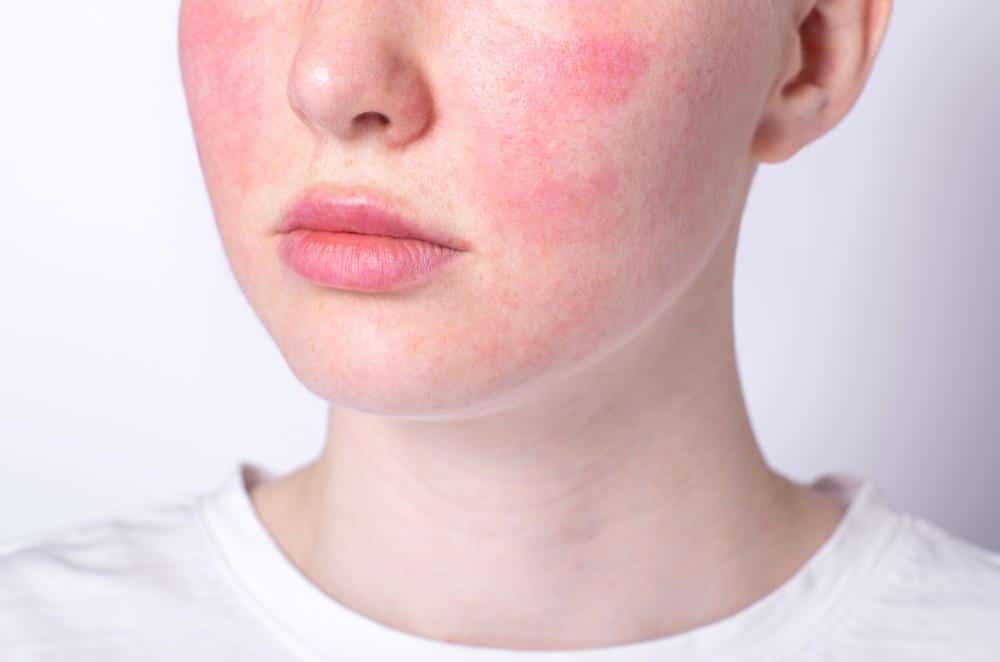
Summer is fast approaching, and along with summer vacation and barbecues comes warmer temperatures and intense sun. Even if you stay indoors and close to central air conditioning, it can be impossible to fully escape the summer sun.
Your skin is your body’s largest organ, and unprotected exposure to the sun leads to wrinkles, dark spots, dryness, premature aging, and cancer. That’s why you need to take steps to preserve the health of your skin.
At Manhattan Dermatology, our team of dermatologists and skin care providers wants to help you keep your skin in the pink of health. We’ve curated this list of tips to help you keep your skin healthy this summer season and all year long.
Always use sunscreen
Although you certainly know you should wear sunscreen, a recent study found few American men and women regularly apply it to exposed skin before heading outside. Keep your skin in the pink of health this summer by using sunscreen with at least 30 SPF every day, even on cloudy days.
Choose a sunscreen that protects against UVA and UVB radiation, and apply at least one ounce (about enough to fill a shot glass) 15 minutes before heading outside. Reapply every two hours. If you’re in the water, reapply more frequently.
If you wear makeup, select beauty products with SPF to add layers of sun protection to your skin. And don’t forget to protect the delicate skin of your lips and ears. Apply sunscreen to the tops and backs of your ears to keep the skin safe and choose lipstick or lip balm with SPF protection.
Stay hydrated
Drinking plenty of water is important for skin care, regardless of the season. But in the summer, it’s even more essential to drink plenty of water. The intense sun rays dry out your skin and make you sweat more than normal.
Staying hydrated and drinking water helps your skin stay healthy and look and feel its best. Don’t wait until you’re thirsty to sip water. If you wait until you’re thirsty, you’re already in the early stages of dehydration.
If you don’t like the taste of plain water, keep hydrated by drinking flavored or sparkling water. Try adding cucumber, lemon, or other fruit to your water glass, or snack on fruits and veggies high in water content, like cucumbers, to hydrate with food on hot summer days.
Wear sun-protective clothing and accessories
When it’s hot and sunny out, it can seem natural to wear less clothing, not more. But keeping covered is one of the best ways to keep your skin healthy this summer. Choose light-colored, loose-fitting clothes made from natural fabrics, like cotton or linen, or look for clothes with built-in SPF/UPF protection.
Accessories can also help protect your skin. For example, sunglasses with UVA and UVB protection help stop sun damage from forming on the sensitive skin around your eyes, and a wide-brimmed hat protects your face, ears, and neck from the sun’s harsh rays.
Avoid peak sun hours
When the sun is at its most intense (between 10am and 4pm), your skin is at the highest risk for sunburn and sun damage. Instead of heading out during peak hours, plan ahead and try to avoid extended outdoor activities during these intense sun hours.
If you can’t avoid peak sun hours, seek shade whenever possible. Use an umbrella, trees, or other sun shelters to find some protection. Quick tip: If your shadow is shorter than you, it’s time to find shade.
Get a skin check
After spending time in the sun, you might notice a new mole or freckle. At Manhattan Dermatology, we evaluate your entire body for signs of skin cancer and ask questions about your health history and lifestyle to ascertain your overall health.
Getting a skin check could mean the difference between catching skin cancer early when it’s highly treatable and not catching it until it’s too late. With early detection, 99% of people diagnosed with skin cancer survive and recover.
Call the Manhattan Dermatology office closest to you or book an appointment online now to learn more about keeping your skin healthy this summer. We have locations in Murray Hill and Midtown East, New York City.
